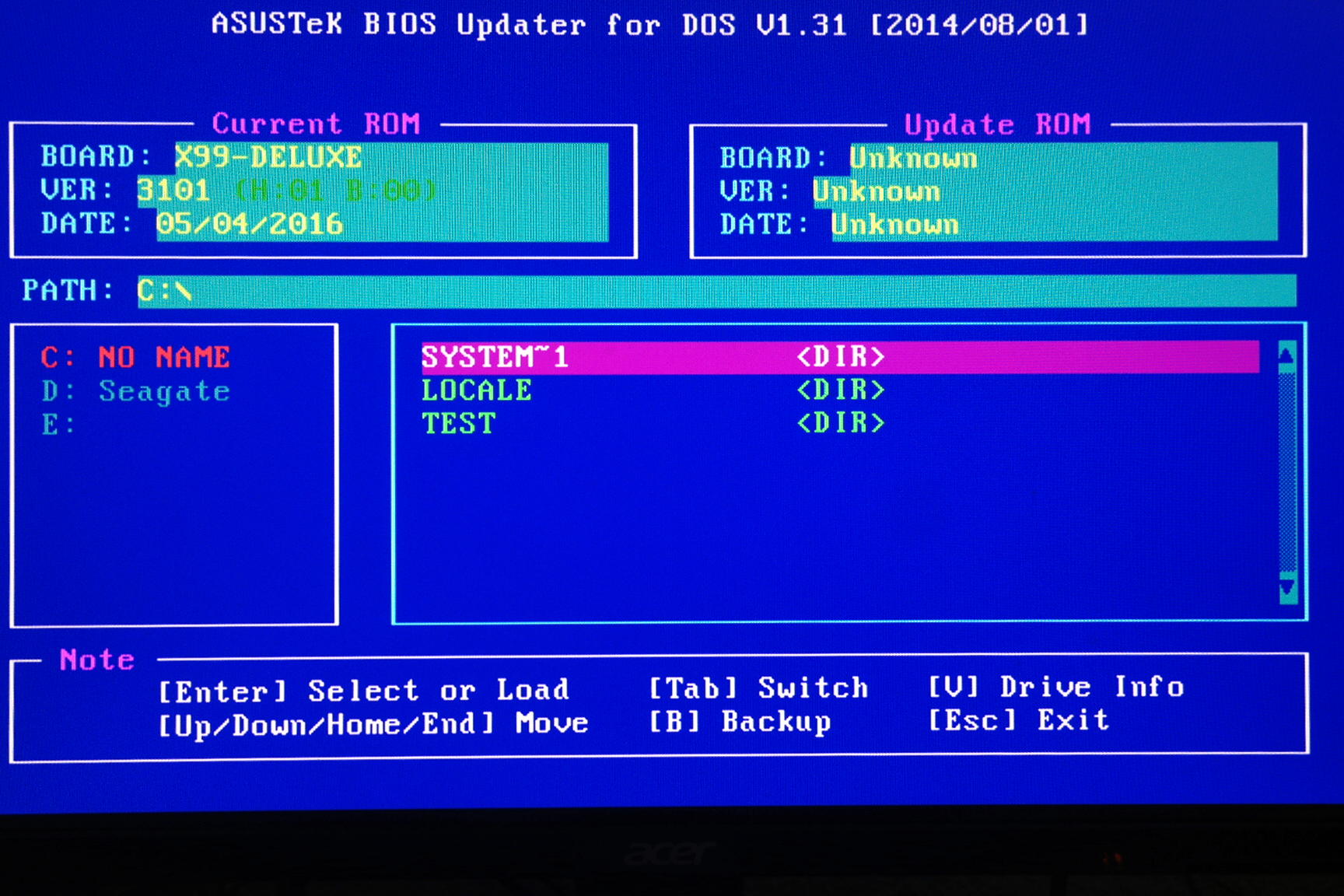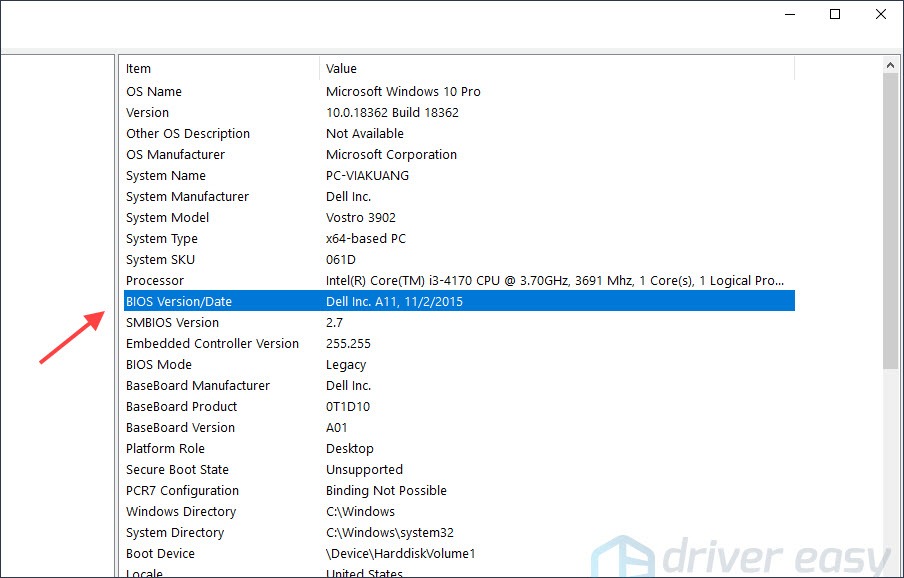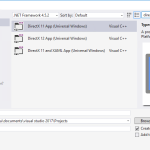Table of Contents
Approved
Hopefully this guide will help you when you see that you need to update your BIOS before installing the operating system. All in all, you probably shouldn’t be updating your BIOS. Installing (or “flashing”) a new BIOS is more dangerous than updating a simple Windows program, and if something goes wrong during the process, users can lock down your home computer.
With new UEFI cards that have been on the market for some time now, for security reasons, I decided to deal with them in the BIOS mode of the motherboard. I don’t think the problem will matter as I have always updated all BIOS before reinstalling Windows.

It doesn’t matter in your case, in some cases an update is performed for the stability of the installation. As far as I know, there are no problems with UEFI in the box. You can do this before or sometimes after.
Do I Need To Update My BIOS Before Installing Windows 10?
You don’t need to reinstall anything, roughly speaking, BIOS settings can be reset, which optimizes the default settings.
Unless it’s a newer model, you usually don’t need to update the BIOS before installing Win 10.
Is It Enough To Update The BIOS?
In general, you don’t need to update your company’s BIOS as often. Installing (or “flashing”) the correct new BIOS is a higher risk than updating a simple Windows procedure, and if something goes wrong during the process, you could end up ruining your computer.
Follows
Do I Need To Update The BIOS Before Installing A New Processor?
Yes, you will probably need a brand new BIOS update. If you don’t and just install a new processor, it’s probably It will not be released.
Can I Update BIOS Without An Operating System?
Yes, customers can update BIOS without operating system! • Insert the disc, restart your computer and, if necessary, enter any key combination during the boot process. Otherwise, you can go to BIOS / UEFI and just select a menu item. Either way, the card will undoubtedly be updated, restarted, and in fact it will happen without even trying to slip into the operating system.
What Are The Benefits Of Updating The BIOS?
Approved
The ASR Pro repair tool is the solution for a Windows PC that's running slowly, has registry issues, or is infected with malware. This powerful and easy-to-use tool can quickly diagnose and fix your PC, increasing performance, optimizing memory, and improving security in the process. Don't suffer from a sluggish computer any longer - try ASR Pro today!

Here are some reasons to update the BIOS: Hardware Updates: New BIOS updates allow the motherboard to correctly detect new hardware such as processors, RAM, etc. If you change your processor and the BIOS does not recognize it, then the solution is definitely there will be BIOS flash.
Can I Write For My BIOS After Installing Windows?
BIOS updates, of course, will not speed up your computer, they usually cannot add new features the customer needs, and may even cause additional problems. You should only post messages to the BIOS if the new model has the necessary enhancements.
If for some reason you can’t get it to work, don’t worry – motherboard manufacturers don’t often offer programs that can update BIOS / UEFI after Windows starts up. p> p>
What Happens If You Don’t Update The BIOS?
BIOS updates do not speed up your PC, they usually do not provide new features that you need, and may even cause additional problems for clients. You should only update your bio if the new version contains the achievement you want.
Does BIOS Update Make All The Difference?
Transparent
Updating BIOS definitely has nothing to do with hard drive data. And updating the BIOS will not delete the available files. If your hardware failure causes damage to your vehicle, you may lose individual files. BIOS stands for Basic Input / Output System and only recently told your computer what types of products are connected to your computer.
How Do I Know If I Need To Update The BIOS?
To view your BIOS version as a command line, click Start, type cmd last in the search box, and then only the result is command line — you don’t need to run it as administrator. You will see the version number of any BIOS or UEFI firmware on your current home PC.
Do I Need To Update This For My For Bios Ryzen 5000?
AMD has already started unveiling the newly discovered Ryzen 5000 series desktop processors in November 2020. An updated BIOS may be required to enable support for these new processors on an AMD X570, B550, or A520 motherboard. Without BIOS, the system may not boot if AMD Ryzen 5000 series processor is installed.
What If The BIOS Does Not Support The Processor?
If you don’t update any part of the BIOS, the computer just clogs up on startup because the BIOS doesn’t recognize the new processor. There probably won’t be any harm even if you don’t have a huge, fully functional PC.
How Often Does Traditional BIOS Differ From UEFI?

UEFI stands for Unified Extensible Firmware Interface. It does the same job as the BIOS, but with one fundamental difference: it retains all the initialization and bulk boot research. • UEFI supports drives up to 9 zettabytes, while BIOS only supports 2.2 terabytes. UEFI is faster with boot time.
Can BIOS Be Upgraded To UEFI?
You can simply install the latest BIOS. The firmware is usually provided as a complete image that replaces the old one and is not a patch. Thus, the latest version includes all fixes as well as features added in a particular previous version. No need for additional updates.
You can update the BIOS to UEFI by p by switching BIOS directly to UEFI when using the new interface (as mentioned above). However, if the motherboard is too old, anyone can update the BIOS to UEFI only by replacing the new one. It is highly recommended that you back up important information before doing anything.
Can A Corrupted BIOS Be Repaired?
A dangerous motherboard BIOS can occur for a number of reasons. The most common cause is a flash failure when interrupted by a BIOS restart. • After you can continue to boot your disk system, you can restore the damaged BIOS using the “Hot Flash” method.
The software to fix your PC is just a click away - download it now.




